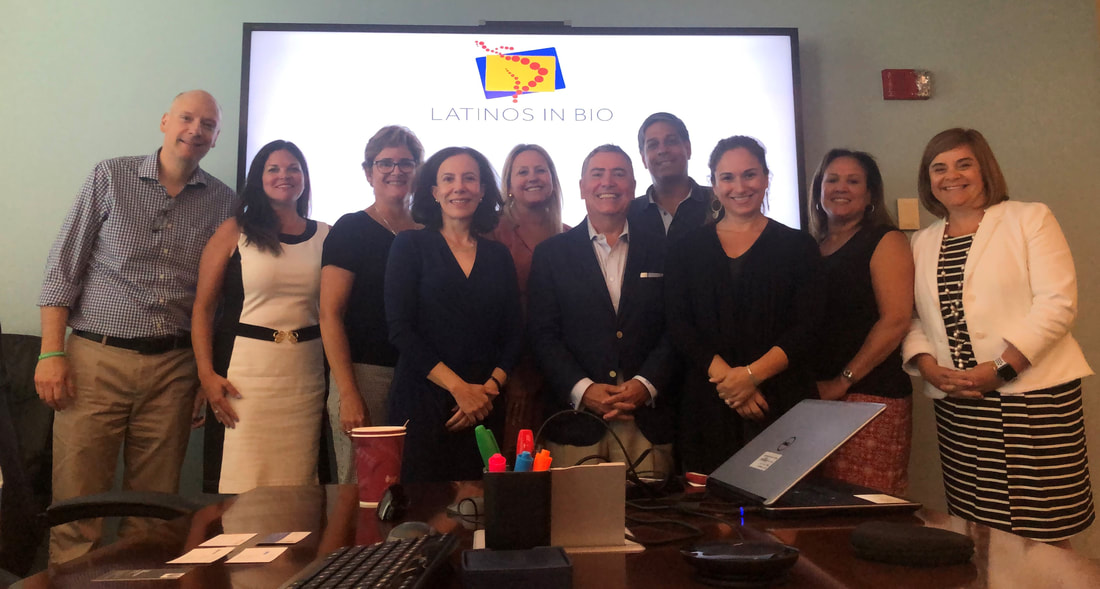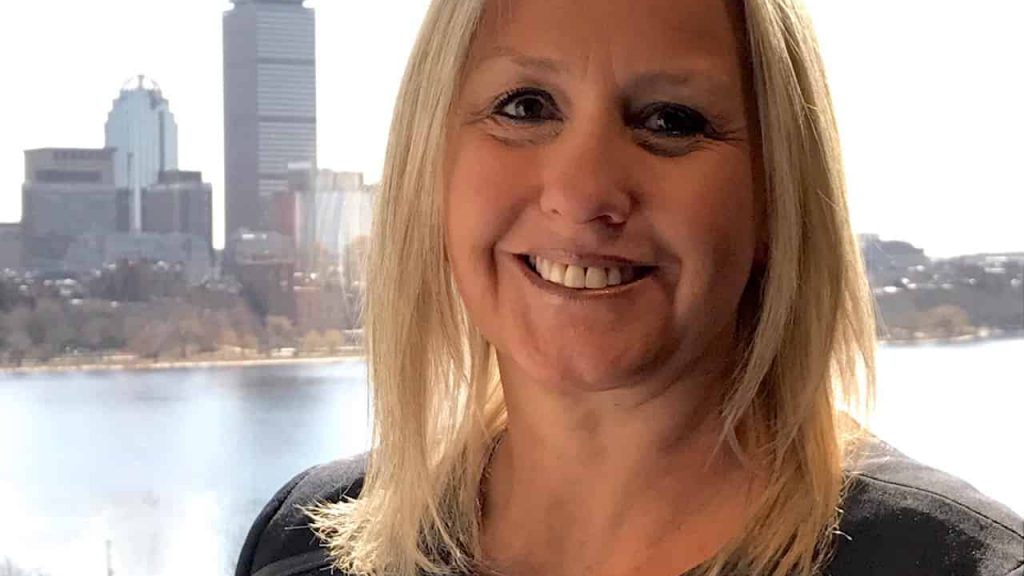A recent study finds that while efforts to improve diversity, equity, and inclusion at biopharma companies in Massachusetts have been ongoing for years — results are lackluster.
The workforce in the biopharma industry approximately mirrored the state’s population for white employees, according to a survey released in November by the Massachusetts Biotechnology Council (MassBio). Still, just 15 percent is Black or brown, compared to 32% of Massachusetts residents.
“If diversity is not increased at the leadership level, including the board level and the C-suite level, it’s going to be really difficult that companies really take this, you know, as a priority,” said Carolina Alarco, life sciences executive in an interview with GBH News.
Alarco has spent more than 25 years in the biopharma world in Boston. She is the founder and Principal of Bio Strategy Advisors LLC, a business consulting firm working with bio and medtech companies in Massachusetts. She is the co-founder of Latinos in Bio, a group “dedicated to creating opportunities for success and amplifying the social capital of Latinx professionals in the biotechnology, pharmaceutical, medical technology and other fields within the life sciences industry; and, by so doing, making a meaningful impact in the industry and in the United States.”

MassBio found that only 56 percent of surveyed companies report having a companywide diversity statement, but only 24 percent have established a diversity dashboard to measure its progress over time.
Latinos in Bio have come across companies who cite a lack of resources to devote to diversifying as a chief concern. “I say, well, although we are disappointed with that decision, we hope that in next year’s budget, you consider these kinds of partnerships with organizations that are working to bring diversity to the biopharma industry as part of your plan” Alarco said.
65 of 83 companies that participated in the MassBio survey revealed they had never recruited from historically Black colleges and universities or higher education institutions that cater to tribal or Hispanic populations.
Latinos in Bio promote job openings to their membership. Alarco says there are many “misconceptions” about people working in biopharma only being in the role of the scientist and that partnerships include promoting all openings.
Last year, MassBio issued an open letter asking CEOs in Massachusetts’ life sciences companies to commit to improving gender and racial equity in the industry. Of the 222 companies that signed the pledge, 85 participated in this most recent survey.
Publisher’s Note: This story is an aggregate from “Less than a fifth of Mass. biopharma employees are people of color, new survey shows” and “Mixed report on gains among women in life sciences in Mass.”
Cover Photo Credit: Color Magazine




